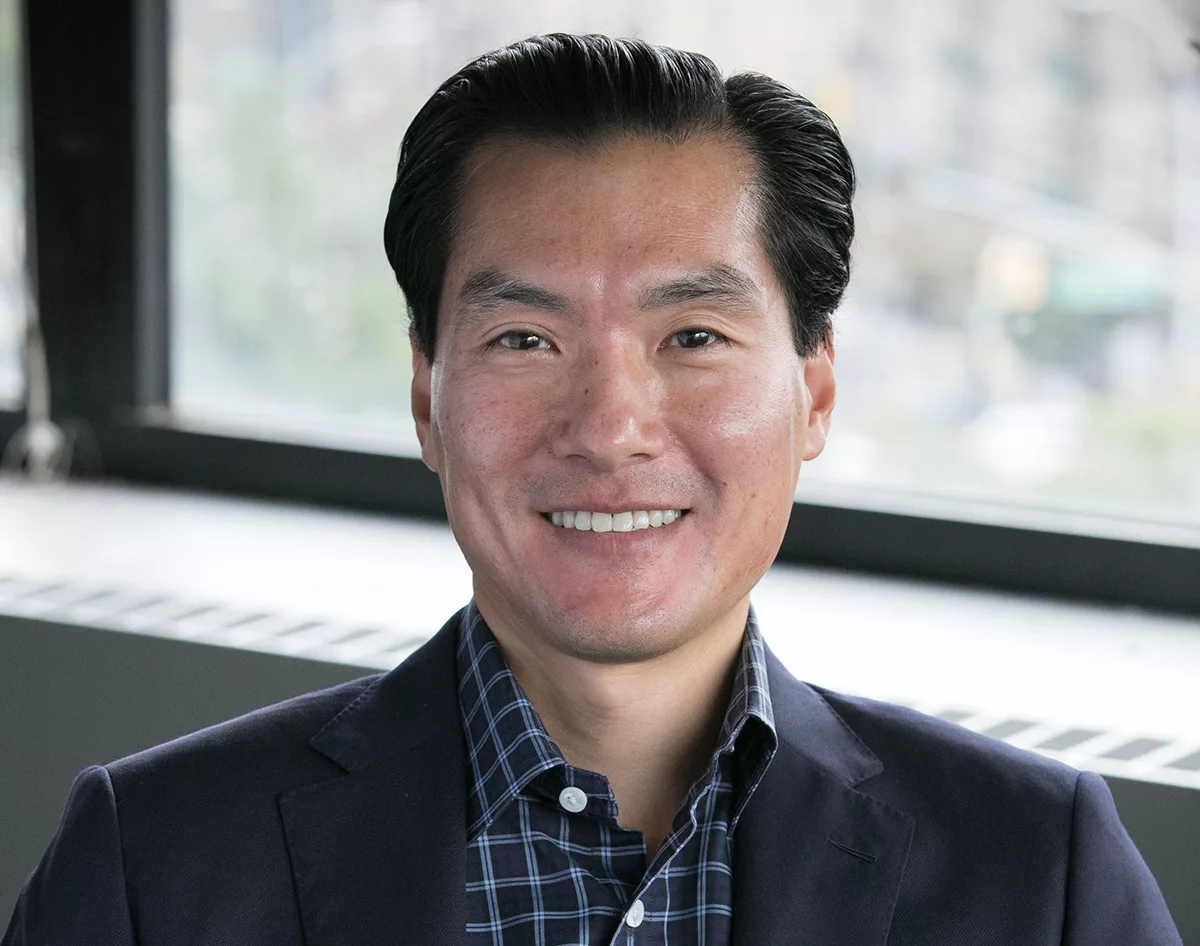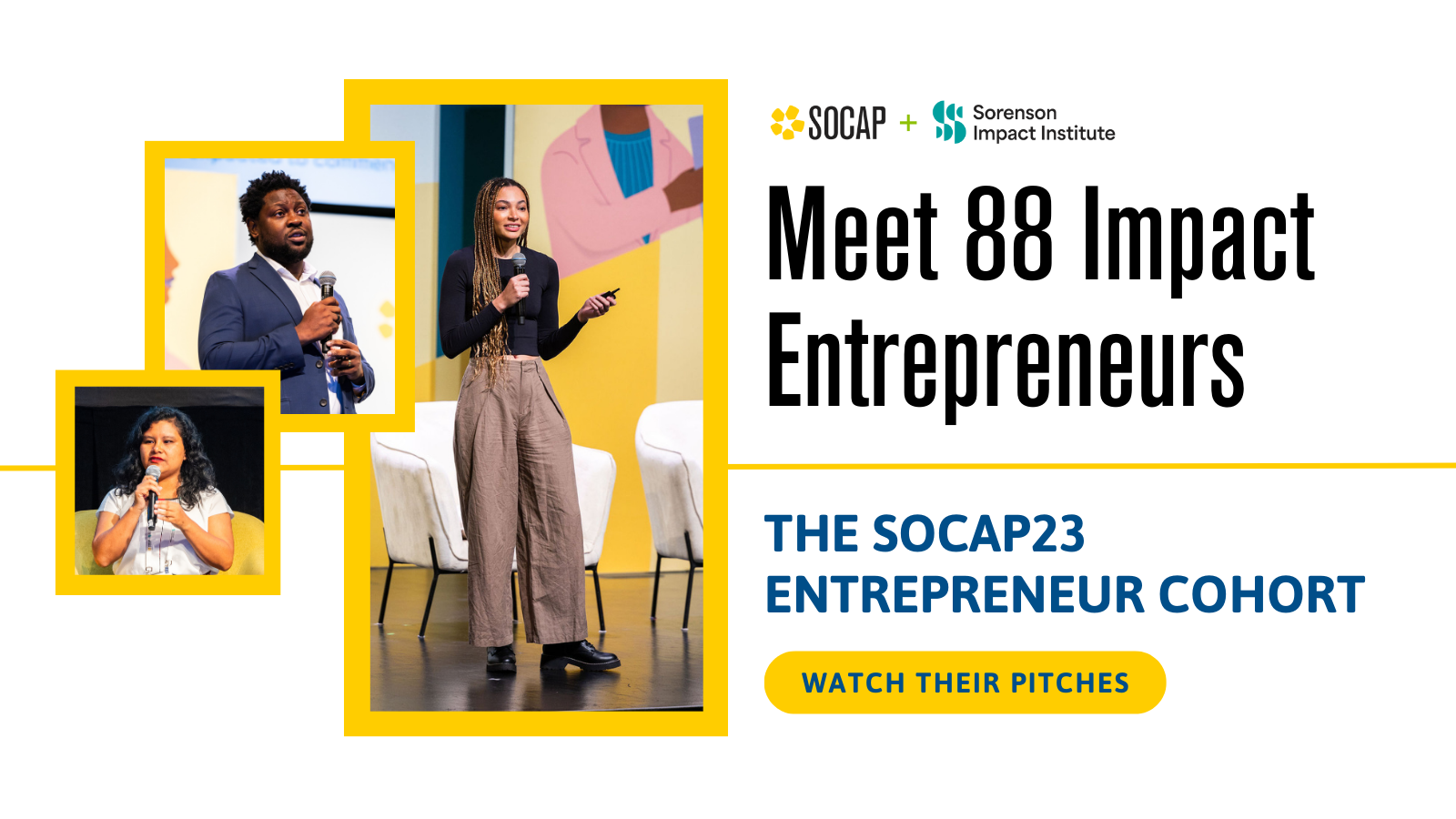This article is part of a series, The Vision of Advocates: Bold Insights From Advancing Racial Equity.
“The revolution will not be televised.”
— Gil Scott-Heron
At the end of graduate school, the director of our program on Gender Leadership & Public Policy encouraged us to consider whether we want to be the ones asking for money or the ones writing the checks. She encouraged us to choose the latter, heralding the promise of more control over how the world moves.
I took her challenge. I applied and was accepted to a top 30 law school, where I would be the first single mom to ever graduate from their program. I was determined to put in my three years, go to work in a big law firm making tons of money, and use that money to provide for myself and my daughter and contribute to causes that were important to me. And hey, once I had a nice house and a good savings account, I could always go into public interest law and advocate for the disenfranchised.
What I could never have known then was that the number-one thing I would learn in law school was how to advocate for myself and why that would never be enough.
The financial aid system was set up on one major assumption: if you had a child, you had a spouse who was supporting them (and you). After many conversations and explanations, I was given a larger financial aid package that would pay for daycare and keep us fed and clothed. But the money came in the form of student loans, which didn’t seem like a big deal at the time because I was headed to a big fancy law firm. Except the economy crashed in 2007, and the big fancy law firms didn’t come to hire us. I left law school with over $200,000 in student loan debt and a job making less money (at a non-profit!) than I made when I went in. My financial situation has never recovered.
I was recently introduced to Paul Kim, a former Wall Street wiz turned Senior Fellow at The City College of New York (CUNY) and Founder of Capital Vs. Humans, who gave me a fresh perspective on this entire experience. He is working to provide clarity on the root causes of racial and gender inequity: our flawed system and how capital flows. He documents his perspectives and findings on his site, Capital Vs. Humans.
One of the tensions that Kim sees is that some people will always think we aren’t doing enough, and some people will always think we are doing too much, because their perspective comes from their position inside the system we currently have. Case in point: I’m certain the trustees at my law school thought they were doing me a huge favor, while I am left believing they could have done so much more. Examining social media as a vehicle for directing change was one of his first case studies.
We’ve all seen the stories about companies making decisions to do something different due to an outcry on social media, and it follows naturally that since consumers are becoming more vocal about wanting companies to do certain things, this has led to companies doing some better things. Kim’s perspective on this is that it was a necessary first layer, because this type of activism and action allows people and companies to position themselves as forward-thinking and progressive. It also provides the convenience and ease-of-use to drive adoption curves and create critical mass. Plus, it brings results: companies are convinced to do some things better.
What we are seeing now is what he calls the next layer: driving capital to companies that are doing things better through ESG (or social impact) investing. He went on to explain that while managed active funds are decreasing, ESGs are the only ones that are not. This is a trend that has been happening for some time and hit an inflection point in 2019. Of course, much like decisions made based on social media outcry, we all know there are companies who take ESG investment and do one (or a few) good things while they do 100 not-so-good things with the rest of their business.
We’ve seen conversations about this over and over — from companies that laud their eco-practices while not paying a living wage to flat-out dishonesty and green-washing. Does the good outweigh the not-so-good? Does it depend, like a law exam question, on the unique facts of the situation? It is clearly just a bandaid, but is the immediate benefit (like stopping the planet from imploding) worth it?
Kim argues that these are the butterfly wings that will start the ripple of change, but they are not the solution —because the solution lies in changing the system entirely. As long as we are focusing on the capital outcomes, we are missing the bigger opportunity for sustainable change.
While we are telling people that “doing business good is good business” and that we can show them the metrics to prove it, Kim is imagining a world where we move to the next layer: rewarding companies for more than solely profit maximization — and not requiring them to measure it the way we have historically measured profits, but, instead, requiring them to accept that positive social good = happier people = a better business and a better world.
To learn more and be updated as Paul Kim continues publishing these papers, visit Capital Vs. Humans.
See the rest of this series at The Vision of Advocates: Bold Insights From Advancing Racial Equity.






